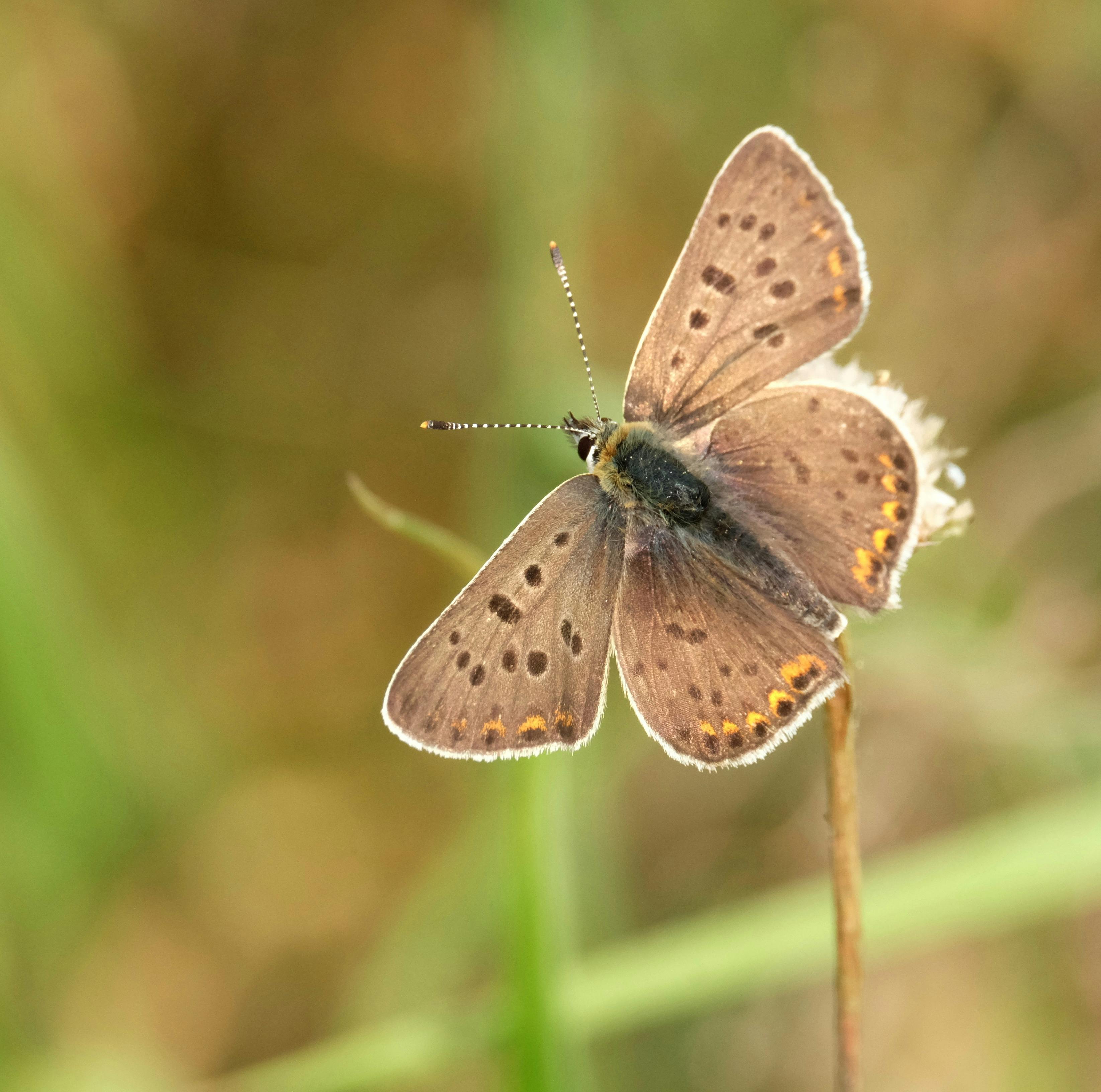Essential Guide to Baby Jack Rabbit Care in 2025
As the popularity of baby jack rabbits as pets continues to surge, understanding how to properly care for them is more important than ever. These charming creatures are not only adorable companions but also resilient and adaptable. However, providing the right environment, nutrition, and overall care is crucial for ensuring their health and happiness. In this expert guide, we'll explore the ins and outs of baby jack rabbit care, covering essential topics such as feeding guidelines, habitat needs, grooming tips, and much more.
The journey of caring for a baby jack rabbit involves understanding their unique behaviors, socialization requirements, and health issues. Whether you're a first-time rabbit owner or looking to enhance your existing knowledge, this article will serve as a valuable resource.
Key takeaways include: guidelines on feeding baby jack rabbits, signs of healthy and sick rabbits, ways to create stimulating environments, and essential grooming practices.
How to Create a Safe Habitat for Baby Jack Rabbits
Creating a safe and comfortable habitat for baby jack rabbits is fundamental to their overall well-being. This starts with selecting an appropriate shelter and ensuring that their living environment meets specific requirements.
Firstly, baby jack rabbits require a spacious area that allows them to move freely. Their habitat should be free from hazards such as toxic plants and sharp objects that could cause harm. Use soft bedding material, such as hay or straw, to provide comfort. A secure hutch with proper ventilation will also help maintain a healthy environment.
Temperature is another critical factor to consider for baby jack rabbits. Heat and cold tolerance varies, so maintaining a consistent indoor temperature is ideal, preferably between 60°F and 75°F. Sudden temperature changes can lead to stress or health issues, including respiratory problems.
Lastly, providing enrichment activities is essential. Include toys and structures that promote mental stimulation and exercise. This fosters their natural instincts and helps prevent behavioral problems. By prioritizing these elements, you can ensure that your baby jack rabbit thrives.
Understanding Baby Jack Rabbit Shelter Requirements
The shelter for baby jack rabbits should not only be spacious but designed to accommodate their natural behaviors. Unlike other rabbits, jack rabbits are more active and require ample space to hop and play. A rabbit-proofed area is crucial—this means securing wires, cords, and small objects that they might chew on.
Consider utilizing vertical space by adding platforms or shelves where they can jump and explore. Additionally, their shelter should include a cozy nesting area, which can be created with soft, absorbent bedding materials, providing them a secure space to rest.
Ensure that their living space has plenty of natural light but also options for shade, as baby jack rabbits can be sensitive to direct sunlight. This careful planning in their living area lays the groundwork for a happy and healthy pet.
Signs of Healthy Baby Jack Rabbits
Monitoring the health of your baby jack rabbit is paramount. Signs of a thriving rabbit include a soft, glossy coat, alertness, and normal eating and drinking habits. Their eyes should be bright with no discharge, and they should be active and playful.
Additionally, ensure that they have a good appetite, as a decrease in food intake can signal underlying health issues. Check their litter box regularly; consistent droppings indicate healthy digestion.
Veterinary care is essential, and regular check-ups can prevent the development of health issues. Understanding what constitutes a healthy baby jack rabbit empowers you as a caretaker to act quickly should any problems arise.
The Feeding Guide for Baby Jack Rabbits
Feeding baby jack rabbits correctly is crucial for their growth and development. Their diet needs to be balanced to meet their nutritional requirements effectively. A proper diet consists mainly of high-quality hay, fresh vegetables, and specially formulated rabbit pellets.
Hay should make up the bulk of their diet, providing the necessary fiber for healthy digestion. Look for hay that is grassy in nature and avoid hay with excessive seed heads which may lead to obesity.
Fresh greens are also essential. Safe options include romaine lettuce, dandelion greens, and basil. Introducing new vegetables gradually can help avoid digestive upset. It's vital to ensure all food is free from pesticides or chemicals.
Avoid sugary fruits and starchy vegetables, as these can disrupt their digestive systems. Proper hydration is also important; ensure they have a clean water supply at all times.
Finally, keep an eye on their weight, as over or underfeeding can lead to significant health issues. Regularly changing their diet based on their growth and age ensures optimal health.
Baby Jack Rabbit Nutritional Needs
The nutritional requirements of baby jack rabbits evolve as they grow. It's essential to provide a diet that supports their developmental phases. Initially, allow them to consume their mother's milk for the first few weeks post-birth. Following this, begin to introduce high-quality rabbit pellets alongside hay to ensure balanced nutrition.
As they reach weaning age, typically around 6 weeks, gradually transition them to a diet rich in fiber and low in sugars. Monitor their eating habits and adjust their diet as necessary, consulting with a veterinarian if unsure.
Supplemental nutrients may be required based on their health needs; being aware of common nutritional deficiencies can help guide your feeding practices. Healthy baby rabbits will often have a shiny coat, bright eyes, and maintain a healthy weight.
Common Feeding Mistakes to Avoid
Feeding baby jack rabbits may seem straightforward, but many common mistakes can affect their health. Overfeeding pellets can lead to obesity, which presents numerous health risks. Instead, moderation is key; supplementing their diet with adequate quantities of hay and greens should take priority.
Another mistake is not introducing foods gradually. Sudden changes to their diet can lead to gastrointestinal issues. Always introduce new foods slowly and in small amounts, observing your rabbit's reactions.
Lastly, avoid feeding them human food, particularly processed items that can be harmful. By keeping to a proper diet and avoiding these pitfalls, you can ensure your baby jack rabbit remains healthy and happy.
Baby Rabbit Grooming Techniques
Grooming is an essential aspect of baby rabbit care that contributes significantly to their hygiene and overall health. Regular grooming can help prevent matting and skin issues while also serving as a bonding activity.
Establish a grooming routine early on. Use gentle brushes to remove loose fur, and avoid areas that may be sensitive, like the belly. Regular brushing can minimize shedding and help you check for skin irritations or parasites.
It’s vital to check their ears and nails as well. Ensure their ears are clean and free from wax build-up, as this can lead to infections. Nail trimming should be performed cautiously, ideally every few weeks, to prevent discomfort when they hop.
Bathing rabbits is generally unnecessary and potentially harmful, as they groom themselves effectively. However, if they happen to get dirty, spot cleaning with a damp cloth can help.
Maintaining Baby Rabbit Hygiene
Maintaining good hygiene for your baby jack rabbit is crucial for preventing diseases. Regularly clean their living area, providing fresh bedding while removing any droppings and uneaten food. Keeping their environment clean will help keep them healthy and enhance their living conditions.
Bacteria thrive in dirty surroundings, creating a breeding ground for health issues. Frequent cage cleaning can contribute significantly to their overall well-being. Ensure that their litter is made from rabbit-safe materials and is replaced regularly.
Establishing a consistent hygiene routine not only protects their health but also allows you to monitor any changes or abnormalities. This proactive approach fosters a healthier and happier pet.
Understanding Baby Rabbit Behavior
Understanding baby jack rabbit behavior is crucial to fostering a harmonious relationship with your pet. These animals are naturally curious and social creatures. They require mental stimulation and interaction to thrive.
Common behavior patterns include digging, chewing, and exploring new environments. Providing toys and an enriched environment can promote healthy behaviors and prevent boredom.
Recognizing their communication cues is equally important. Rabbits may exhibit behaviors such as thumping their hind legs or chewing on objects when they feel uncomfortable or want attention. Understanding these signals allows for better interaction and bonding.
Socializing your baby jack rabbit with you and other pets can also enhance their behavior and adaptiveness. This can include supervised play and interaction with other rabbits if introduced gradually and safely.
The Health Monitoring of Baby Jack Rabbits
Health monitoring is a significant component of baby jack rabbit care. Regular veterinary check-ups are essential for preventing diseases and ensuring that they are growing appropriately. Your vet can provide guidance on vaccinations, parasite control, and overall care.
Being aware of signs of illness is crucial. Symptoms like lethargy, abnormal droppings, or changes in appetite often indicate underlying health problems. Early detection is vital; managing health issues promptly can significantly improve outcomes.
Monitoring your pet's behavior and physical health should become a routine. This practice will not only instill good pet care habits but also deepen the bonding experience with your pet jack rabbit.
Lastly, implementing preventative care measures, including proper nutrition and mental enrichment, supports a healthier lifestyle for your baby jack rabbit.
Common Baby Rabbit Health Issues
There are several common health issues that baby jack rabbits may face. Gastrointestinal stasis is a prevalent condition that occurs when the digestive system slows down. This can lead to severe complications, making prompt attention essential for treatment.
Dental problems can also arise; rabbits have continuously growing teeth that may become misaligned. Regular monitoring helps catch these issues before they develop into serious health concerns.
Respiratory infections can affect rabbits, particularly when exposed to poor ventilation or stagnant environments. Watch for signs of coughing or sneezing, which may indicate illness. These concerns necessitate prompt veterinary consultation.
Rabbit First Aid and Emergency Handling
Understanding first aid for baby jack rabbits is essential for every pet owner. Preparing a rabbit first aid kit with supplies like bandages, antiseptic, and emergency contact numbers is vital for timely treatment. Familiarize yourself with basic first aid procedures, which can make a significant difference in an emergency situation.
Stay calm if you notice your baby rabbit is injured or ill. Assess their condition, and if they require immediate care, contact your veterinarian. Knowing signs to look for, such as difficulty breathing or excessive bleeding, will empower you to act effectively. A proactive approach ensures a healthier and happier baby jack rabbit.
Q&A Section on Baby Jack Rabbit Care
Q: What are the signs of a healthy baby jack rabbit?
A: Healthy baby jack rabbits exhibit bright eyes, active behavior, a shiny coat, and normal eating habits. Consistent droppings indicate good digestion, and regular check-ups can help maintain their health.
Q: How can I socialize my baby jack rabbit?
A: Gradual interaction through gentle handling and playtime promotes bonding. It's essential to allow them to explore their environment while ensuring their safety during introductions to other pets.
Q: What should I include in my baby jack rabbit's diet?
A: A balanced diet should consist mainly of high-quality hay, fresh vegetables, and rabbit pellets. Ensure that fruits and starchy foods are given in moderation, and always provide fresh water.
Q: How often should I clean my rabbit's habitat?
A: It's best to clean their living area daily to maintain hygiene, removing droppings and uneaten food. Deep cleaning and replacing bedding should be done weekly or as needed.
Q: What are the most common health issues to watch for?
A: Common health issues include gastrointestinal stasis, dental problems, and respiratory infections. Early detection and regular veterinary visits are essential for effective treatment.


